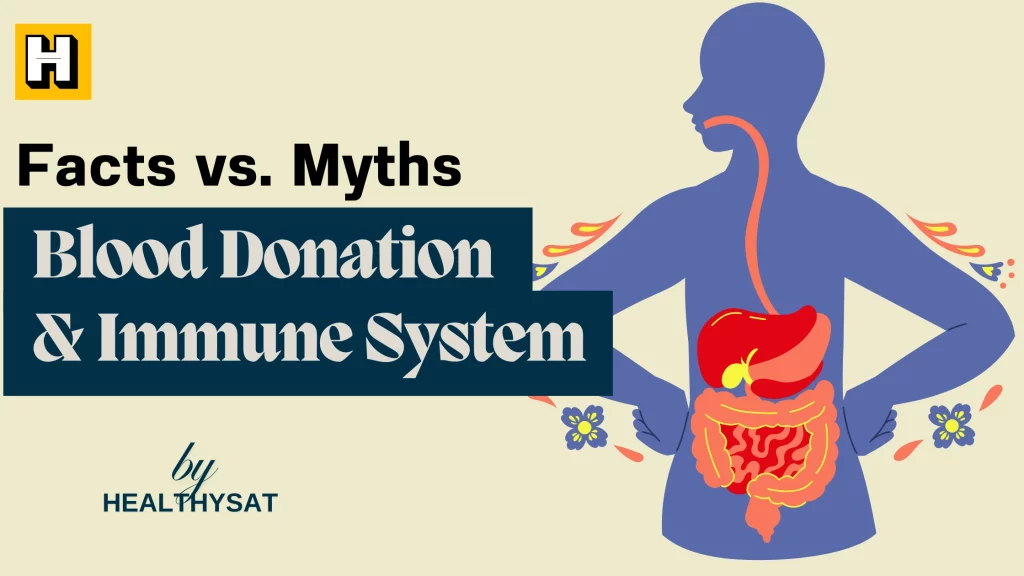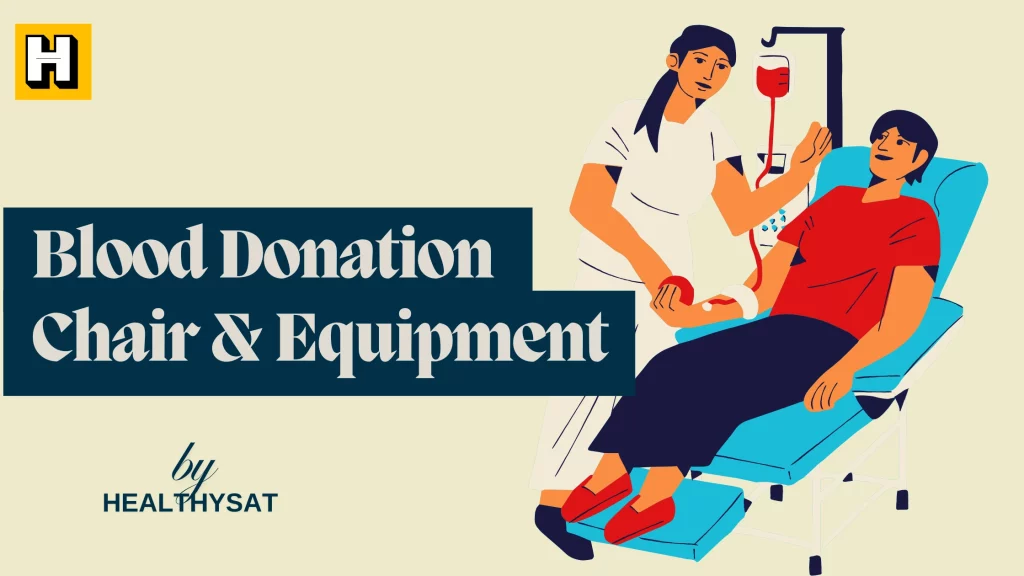Introduction
Are you looking to secure health insurance in Nigeria? Taking care of your health is essential, and having a reliable health insurance plan can provide you with peace of mind and financial protection when medical emergencies arise. In this comprehensive guide, we will explore the steps on how to get health insurance in Nigeria. From understanding the importance of health insurance to finding the right plan for your needs, we’ve got you covered.
Why Health Insurance Matters
Health insurance is a vital aspect of managing your healthcare costs effectively. It ensures that you have access to quality healthcare services without the burden of exorbitant expenses. Whether it’s routine check-ups, unexpected illnesses, or major medical procedures, having health insurance can significantly ease the financial strain. Moreover, health insurance allows you to choose from a network of healthcare providers, giving you the flexibility to select the best healthcare options available.
Understanding the Nigerian Health Insurance System
In Nigeria, the health insurance system is divided into two main categories: public and private health insurance. The public health insurance schemes are provided by the government and cater primarily to public servants, formal sector employees, and vulnerable populations. On the other hand, private health insurance plans are offered by insurance companies and target individuals, families, and corporate organizations.
Steps to Get Health Insurance in Nigeria
1. Assess Your Needs: Start by evaluating your healthcare needs. Consider factors such as your age, pre-existing conditions, family size, and budget. This assessment will help you determine the type of coverage you require.
2. Research Insurance Providers: Conduct thorough research to identify reputable health insurance providers in Nigeria. Look for companies with a good track record, an extensive network of healthcare providers, and positive customer reviews. Consider factors like plan options, coverage limits, and premium costs.
3. Compare Plans: Once you’ve shortlisted a few insurance providers, compare the plans they offer. Look closely at the benefits, coverage limits, deductibles, co-payments, and exclusions. Choose a plan that aligns with your healthcare needs and offers the most comprehensive coverage.
4. Understand the Terms and Conditions: Read and understand the terms and conditions of the health insurance policy before making a decision. Pay attention to clauses related to pre-existing conditions, waiting periods, claim procedures, and reimbursement processes. If you have any doubts, seek clarification from the insurance provider.
a. Seek Expert Advice: If you’re unsure about which health insurance plan is best for you, consider consulting an insurance broker or agent. These professionals have in-depth knowledge of the industry and can provide personalized guidance based on your specific requirements.
b. Application Process: Once you’ve selected a health insurance plan, fill out the application form accurately. Provide all the necessary information and supporting documents as required. Double-check your application to ensure there are no errors or omissions that could potentially affect your coverage.
c. Waiting Period: Keep in mind that most health insurance plans have a waiting period before certain benefits become available. Familiarize yourself with the waiting period stipulated in your policy, as it may vary depending on the insurance provider and the type of coverage.
d. Premium Payments: Pay your health insurance premiums on time to maintain continuous coverage. Consider setting up automatic payments or reminders to ensure you don’t miss any deadlines. Failure to pay premiums can result in a lapse of coverage and may require reapplication.
e. Utilize Healthcare Services: Once your health insurance is active, take advantage of the healthcare services covered by your plan. Schedule regular check-ups, seek prompt medical attention when needed, and follow the guidelines provided by your insurance provider.
f. Stay Informed: Keep yourself updated on any changes or updates to your health insurance plan. Be aware of any modifications to coverage, network providers, or policy terms. Staying informed is crucial to maximizing the benefits of your health insurance.
Conclusion
Remember, health insurance is a valuable investment in your well-being. Take the time to understand your options, compare plans, and choose one that meets your specific healthcare needs. Regularly review your policy, stay informed about any changes, and utilize the benefits available to you. With the right health insurance coverage, you can protect yourself and your loved ones from the financial burden of medical expenses in Nigeria. Securing health insurance in Nigeria is an important step towards ensuring your well-being and protecting yourself from unforeseen medical expenses. By following the steps outlined in this guide, you can navigate the process of obtaining health insurance with confidence. Remember to assess your needs, research and compare insurance providers, understand the terms and conditions of the policy, seek expert advice if necessary, and stay informed about any updates to your coverage.
- How to get periods immediately to avoid pregnancy
- When to Start Antenatal Care in Nigeria: A Comprehensive Guide for Expectant Mothers
- How Much Is IVF in Nigeria: Understanding the Cost of IVF Treatment
- 5 Best Cream for Dark Skin In Nigeria
- Male Contraceptive Pills: A Comprehensive Guide
FAQs (Frequently Asked Questions):
1. What is the minimum age requirement for health insurance in Nigeria?
Most health insurance providers in Nigeria require individuals to be at least 18 years old to obtain their own health insurance coverage. However, age requirements may vary between insurance companies.
2. Can I get health insurance if I have pre-existing conditions?
Yes, many health insurance plans in Nigeria cover pre-existing conditions. However, it’s important to review the policy terms to understand any waiting periods or limitations associated with pre-existing conditions.
3. Are there any government-sponsored health insurance schemes in Nigeria?
Yes, the Nigerian government provides public health insurance schemes primarily targeting public servants, formal sector employees, and vulnerable populations. These schemes include the National Health Insurance Scheme (NHIS) and various state-specific health insurance programs.
4. Can I include my family members in my health insurance plan?
Yes, most health insurance plans in Nigeria allow you to include your family members, such as your spouse and children, in your coverage. However, there may be additional premium costs associated with family coverage.
5. What happens if I miss a premium payment?
If you fail to pay your health insurance premiums on time, your coverage may lapse. It’s important to prioritize timely premium payments to ensure continuous coverage and avoid any potential gaps in protection.
6. Can I use my health insurance outside of Nigeria?
It depends on the specific health insurance plan you choose. Some insurance providers offer international coverage or have tie-ups with international networks, allowing you to access healthcare services abroad. However, this may come with certain limitations and additional costs. It’s important to review the policy terms and inquire about international coverage before making a decision.
7. Are there any waiting periods for coverage to begin?
Yes, many health insurance plans have waiting periods for certain benefits. These waiting periods vary depending on the insurance provider and the type of coverage. Common waiting periods may apply to pre-existing conditions, maternity coverage, and specialized treatments. Make sure to familiarize yourself with the waiting periods outlined in your policy.
8. How do I file a claim with my health insurance provider?
Each insurance provider has its own claims process, which is typically outlined in the policy document. To file a claim, you will generally need to submit a completed claim form along with relevant medical bills, prescriptions, and supporting documents. Some insurers may also have online portals or mobile apps for claim submissions. Contact your insurance provider for specific instructions on how to file a claim.
9. Can I change my health insurance plan?
Yes, it is usually possible to change your health insurance plan, but the process and availability of options may vary between insurance providers. Some plans may allow you to make changes during specific enrollment periods, while others may have more flexible options. Contact your insurance provider to inquire about the process for changing your plan and any associated costs or restrictions.
10. What happens if I have an emergency and I’m not near a network provider?
In case of emergencies, it’s important to seek medical attention immediately, regardless of whether the provider is within your insurance network or not. Many health insurance plans have provisions for emergency care outside the network, although the coverage and reimbursement may differ. Contact your insurance provider as soon as possible after receiving emergency care to understand the reimbursement process and any necessary documentation.







